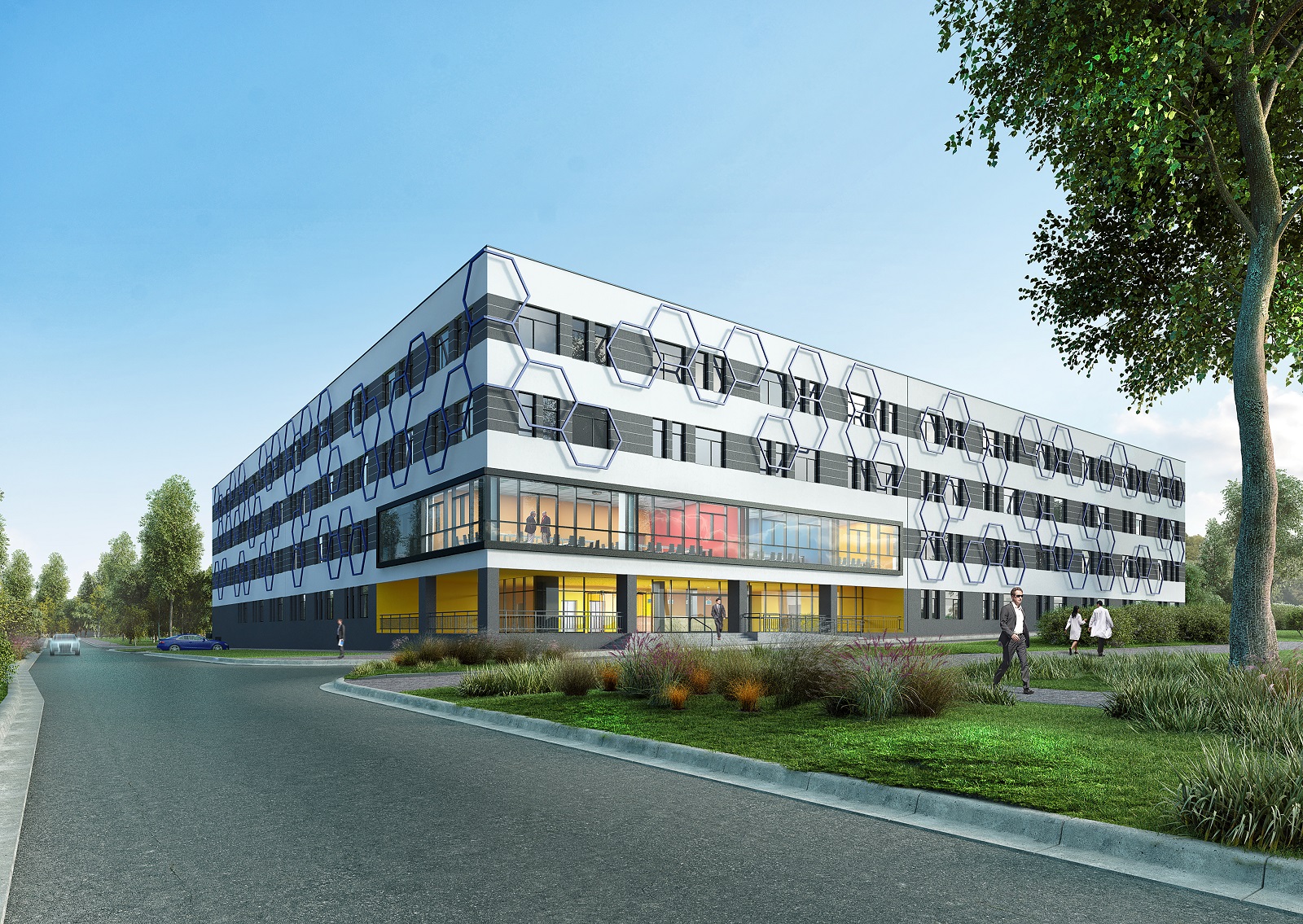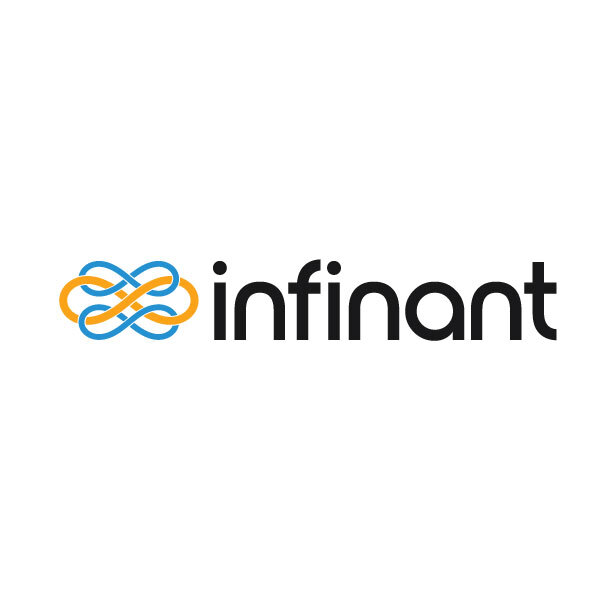On March 13 Bulgaria hosted its first national exposition for startups and announced a new program to invest €150 million on home-grown startups.
Bulgaria has a flourishing startup and entrepreneurial ecosystem and expanding VC community, according to the country’s embassy. It’s growing so much, in fact, that the embassy’s website is already outdated, as it does not include the Sofia Startup Expo under its Startup Scene and Innovation “Events” section.
For it was at the Sofia Startup Expo on March 13 that Deputy Economy Minister Alexander Manolev announced the €150 million program to invest and launch startups in the CEE country.
According to the Sofia Globe, the funds for accelerating and initial investment had a budget of €51.3 million, and together with the Fund of Funds, a technology transfer fund was being set up, for which €30 million had been earmarked.
Another €20 million is coming from European and national funds, €15 million from the EU’s Innovation and Competitiveness operational programs, and €35 million from a new new OPIC procedure.
Initiatives like these are projecting Bulgaria into the international spotlight as a place where entrepreneurs may find a growing startup movement.
Just this week VentureBeat writer Chris O’Brien wrote, “There wasn’t much of a startup community in Sofia more than a decade ago,” but over the next few years a striving startup scene began to grow “complete with the emergence of local venture funds, incubators, coworking spaces, and a growing entrepreneurial spirit.”
O’Brien highlighted web hosting company SiteGround as one example of Bulgaria’s many startup successes, which was launched in 2004 and has now grown to 800 employees.
Speaking at the Sofia Startup Expo earlier this month, Manolev iterated, “We have gone a long way in a relatively short time and today we can definitely say that Bulgaria already has a start-up community and a developing eco-system, and today’s event is further proof of this.”
One of the more surprising statistics to come out of Bulgaria’s tech sector is that women are making up nearly half of the country’s workforce, which is the second-highest proportion in the EU after Lithuania.
Additionally, Forbes named Sofia as one of the top 10 cities in the world to launch a startup, and that was three years ago, before the latest €150 million investment into startups.
Forbes cited low income tax rates and access to EU funds as a main driver for Sofia’s listing. “It is still not well known, but Sofia actually has one of the lowest income tax rates (10%) and has one of the fastest internet speeds in the world,” wrote Forbes.
“Sofia has also become a strong regional hub (attracting top entrepreneurs) as they’ve been able to access the EU investment funds. This allowed the creation of three funds: LAUNCHub, Eleven Startup Accelerator, and Neveq — a later stage investor.”
Eleven started in 2012 with an €12 million acceleration and seed fund, which was fully invested in 115 startups over three years.
Daniel Tomov, Founder at Eleven, told the Financial Times, “Bulgaria has been chronically underfinanced in the past but the environment is changing. We have more angel businesspeople and more investors willing to help early stage companies.”
Central and Eastern Europe’s largest tech publication, 150sec, noted that the recent €150 million investment program “is composed of various procedures designed to promote entrepreneurship in the country, a sector which has been growing rapidly over the last decade,” so a sector that had been underfinanced in the past is now changing quickly.
According to an interview on Startup Yard with Alexander Karadjian, Founder and CEO at Speedifly, “The greatest asset of the Bulgarian Tech Ecosystem is the access to talent and the relatively low price (in comparison to the rest of Europe and the US) at which entrepreneurs can gain access to this talent.”
“The challenge for startups, of course, is that big corporations from the US and Western Europe outsource a lot of their IT work to Bulgaria, which especially during the last couple of years, makes it more difficult for startup founders to make competitive enough offers to the top developers available in the ecosystem,” he added.
Now that the Bulgarian government is taking steps towards investing in its own startups, it should prove more competitive without having its workforce outsourced to American or Western European companies by allowing home-grown innovation to thrive.












